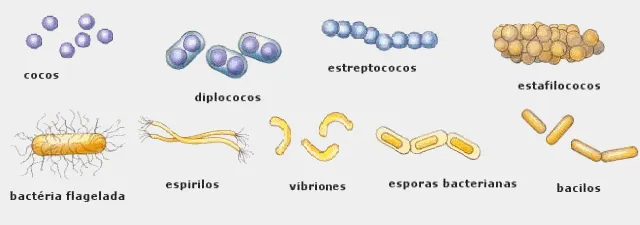The loss of diversity of microbiome in developed countries has contributed to increasing cases of diabetes, autism, cancer, obesity, hypertension and other pathologies because the lack of microbial wealth is a risk factor for developing chronic diseases.
As experts who have participated in Barcelona have warned today to analyze the impact of human microbiome on health and disease, the set of bacteria that inhabit each person could help define population risk groups and prognosis markers in cancer.
Convened by B · Debate, the International Center for the Scientific Debate promoted by Biocat and the Social Work La Caixa, scientists have agreed that research in human microbioma opens a new paradigm in the prevention and treatment of chronic diseases.
As explained by the researcher at Vall d'Hebron Institute of Research (VHIR), Francisco Guarner, the human body houses 10 bacteria for each cell, a population that has a very relevant weight in health and disease since these microorganisms even influenceIn the manifestation of diseases that until now it was thought that they only depended on the human genome.
"People with a more metabolically active microbiome and with more genetic wealth are healthier," Guarner said.
Scientists have explained that since World War II, industrialized societies have developed a series of health problems that were not as common before type 2 diabetes, hypertension and other cardiovascular disorders, autism, obesity, colon cancer, etc.
The loss of diversity of human microbiome would explain reactions such as allergy or celiacism, which would be the response of our body to bacteria we receive from the environment and are not common in our body.
"Microbioma research is at a fascinating moment," said Núria Malats, responsible for the Genetic and Molecular Epidemiology Group of the National Oncological Research Center (CNIO).
The pancreatic cancer expert believes that bacteria could also help explain certain molecular cancer mechanisms and become a key to understanding some cases of family inheritance.
"I hope the microbioma defines risk populations and cancer prognosis markers," he concluded.
In this sense, Malu Calle, director of the Bioinformatics and Medical Statistics Group of the University of Vic-Central of Catalonia, stressed that biomedical research has gone from being interested only in human DNA to be able to analyze "the other genome" of theMicroorganisms that live in our body, thanks to the evolution of new technologies for sequencing genetic material.
In the field of infectious diseases, the director of the Irsicaixa AIDS Institute, Bonaventura Clotet, has stressed that the effectiveness of the therapeutic vaccine against the HIV virus needs "a good microbiome to improve the patient's immune response."
According to Clotet, the study of microbioma in people participating in the clinical trial of the AIDS vaccine from 2016 will be essential to optimize its effectiveness to the maximum.
Experts have concluded that the possibility of manipulating and changing the composition of the microbiota associated with diseases opens a new paradigm for new non -invasive treatments, such as specific diets, the use of prebiotics and probiotics, and microbiome transplants and have proposed to convert Catalonia intoAn international microbioma research hub.


